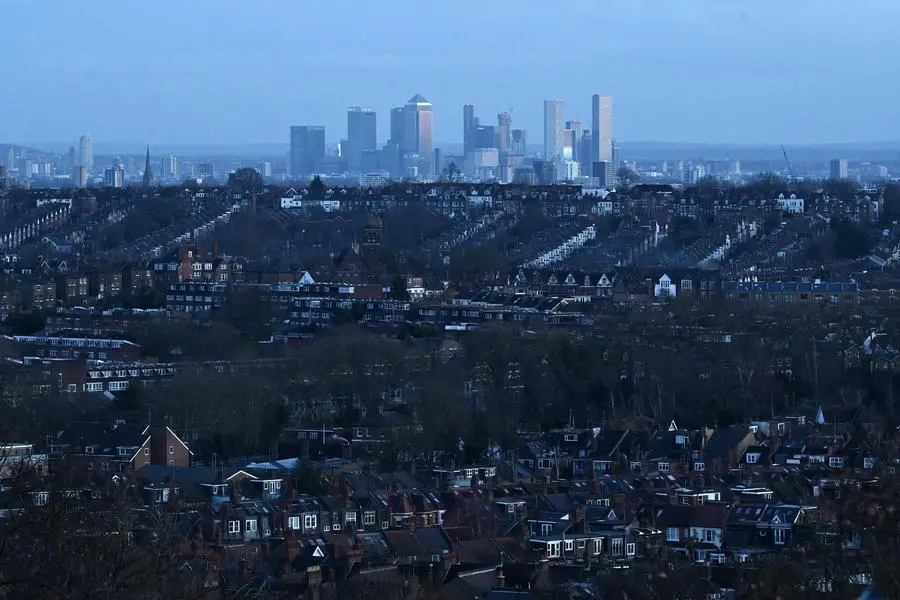PHOTO
UK government finances recorded a stronger surplus than expected last month, official data showed Tuesday, news that analysts said could allow finance minister Jeremy Hunt to further ease a cost-of-living crisis.
Net borrowing showed a surplus of £5.4 billion ($6.5 billion) in January, compared with the government's own forecast for £400 million.
The government traditionally posts a surplus in January as Britons make annual tax payments.
The data comes ahead of a key budget update next month.
Despite a surplus also in January 2022, UK borrowing soared over the year on support schemes to help the country cope with rocketing energy bills.
Following the latest data, Hunt said reducing debt remained a priority for the Conservative government led by Prime Minister Rishi Sunak.
"We are rightly spending billions now to support households and businesses with the impacts of rising prices -- but with debt at the highest level since the 1960s, it is vital we stick to our plan to reduce debt over the medium term," Hunt said in a statement.
Analysts said the better-than-expected performance for public finances at the start of the year could see Hunt, whose official title is chancellor of the Exchequer, move closer to meeting the demands of striking public-sector workers.
The UK is facing the biggest industrial action by public and private sector staff in more than a decade as they seek pay rises in line with sky-high inflation.
"January's public finances figures suggest the chancellor may have scope for some giveaways in his budget on 15th March," noted Ruth Gregory, an economist at Capital Economics research group.
Britain's fiscal year runs to the start of April, and to date the government has borrowed almost £31 billion less than it had forecast for 2022/23.
This "could tempt the chancellor to offer a pay increase to public-sector workers as part of his budget next month, hoping to prevent another wave of strikes", according to Michal Stelmach, senior economist at KPMG UK.





















